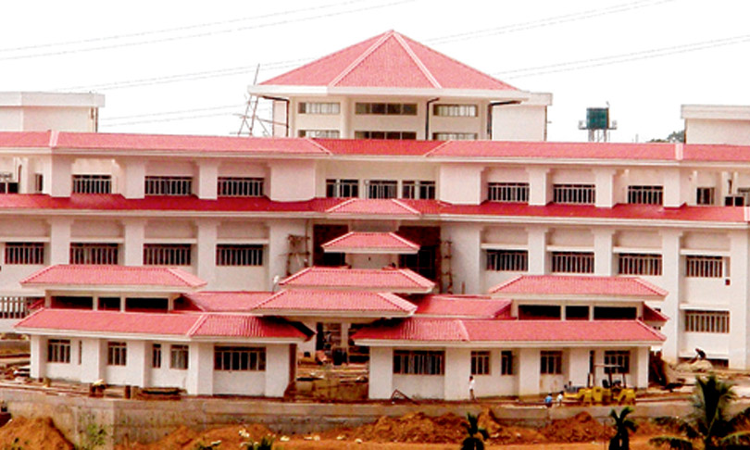Mere Statement That Complainant's Political Support Encouraged A Person To Get Involved In Immoral Activities Won't Be Defamation: Tripura HC
Sparsh Upadhyay
21 April 2021 4:39 PM IST

In a trial for defamation, it is quite essential that the details of imputation containing the words alleged to be defamatory in the character should be precisely set out in the complaint itself… the accused is entitled to know what are the accusations with regard to the imputation made against him then only he will be able to answer the accusations and shape his defence: Tripura HC
Next Story


